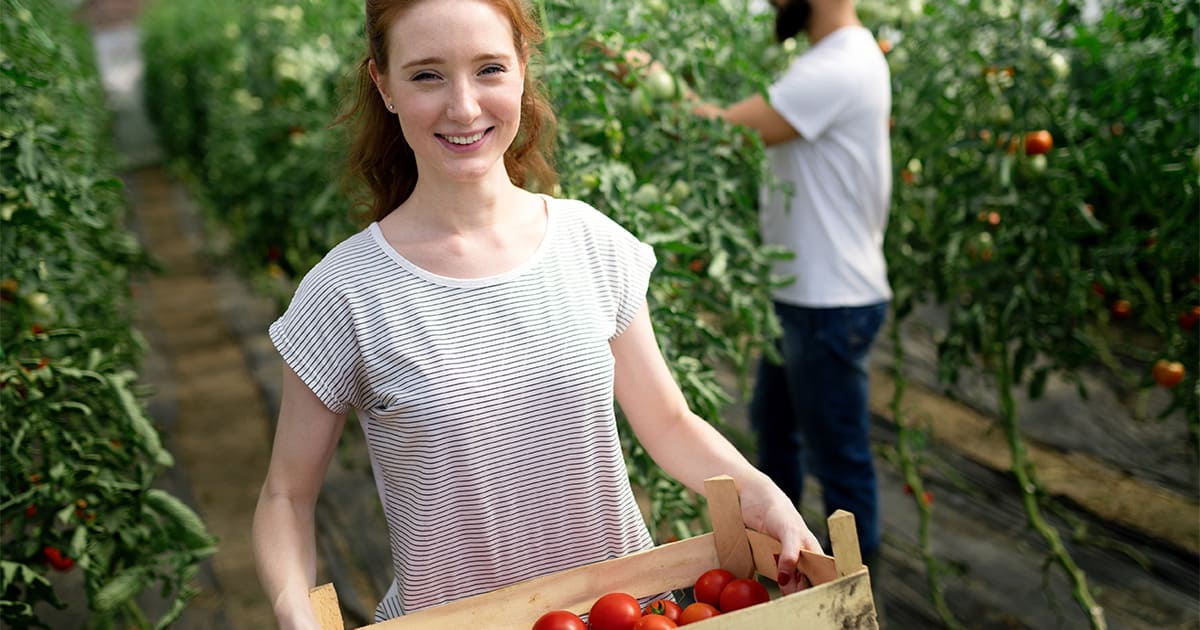Roma, 14th October – The innovation can assist the world of agriculture in managing and preventing risks linked to climate change, drought, and heavy precipitation,” states Stefano Zangrilli, Managing Director of Mexedia Net+. Mexedia Net+ is a company within the Mexedia group dedicated to providing the best connectivity solutions, both on public and private networks, for digital transformation.
The Italian tech company develops innovative solutions and advanced tools within an integrated technological ecosystem. This ecosystem enables companies to manage all customer communication activities. “The predictive aspect and resource optimization,” Zangrilli notes, “can make a difference for precision agriculture. This is why it would make more sense to invest in change rather than being compelled to invest in recovery and reconstruction. Mexedia Net+ offers a service in this direction, serving as a reference point for those aiming for a modern agricultural model.”
“Italy has always been,” Zangrilli continues, “a country with a strong agricultural vocation. Exceptional products are cultivated on its territory, many of which are destined for export, across over a million enterprises of all sizes, providing employment to hundreds of thousands of people. Despite the considerable size of the sector, investments aimed at modernizing the agricultural industry are not as extensive as one would expect, or at least, where investments exist, they lack long-term scope.”
“What is lacking,” he comments, “is a genuine strategic modernization plan, supported in its execution phase by the right tools to realize it. This plan now inevitably relies on what technological innovation makes available.”
“Cultural resistance,” he warns, “a legacy of the past, and the traditional reluctance of one of the world’s oldest industries towards modernity, especially in our country, represent significant inhibiting factors. An analysis of the agricultural sector carried out by the Politecnico di Milano’s Observatory for 2022 reveals the sector’s technological lag: only 8% of Italian agricultural enterprises have embraced precision agriculture or agritech. Most enterprises, especially small ones, continue to rely on experience and tradition, despite ongoing climate changes that have already altered climate seasonality, giving rise to often unexpected and uncontrollable extreme events.”
“In a scenario where the climate,” Stefano Zangrilli explains, “increasingly presents itself as a critical and uncertain factor, capable of nullifying in a matter of days – sometimes hours – the efforts and investments of months, the predictive capacity made possible by technology could represent significant added value, as well as the ability to optimize production cycles by more efficiently utilizing essential natural resources such as water, light, and soil.”

